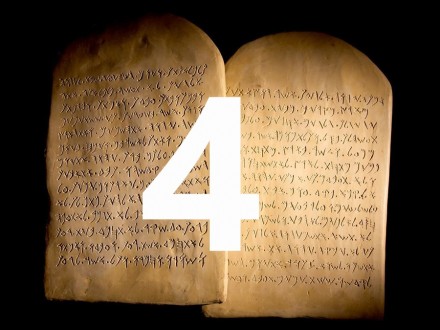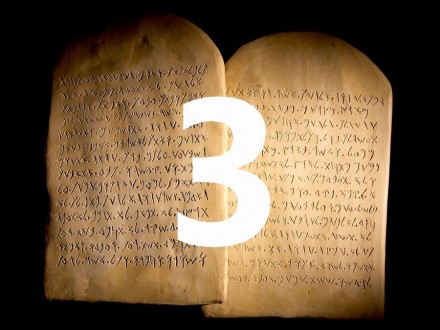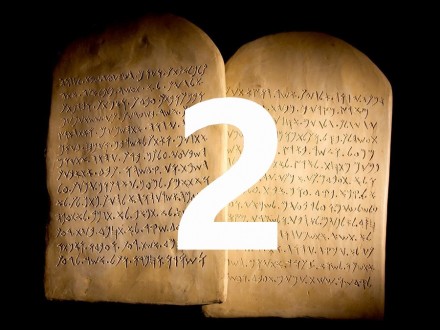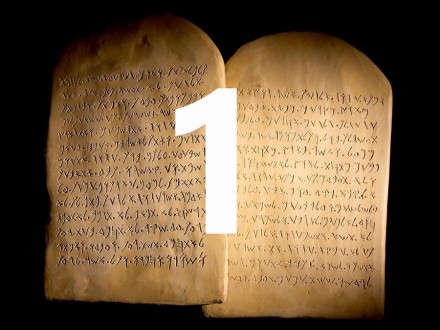We build up disciples, found churches and further the Kingdom.
Respect for Sabbath Rest
Posted on 20 Oct 2019, Speaker: Тимоти Отри
This commandment concerns respect for the Day of the Lord. After God had led His people out of slavery in Egypt, He commanded this new nation at Mount Sinai that they should work for six days. The seventh day could be used for physical and spiritual refreshment. The Sabbath was a call to rest.
Read More →Respect for the Name
Posted on 15 Oct 2019, Speaker: Джонатан Постулайт
This commandment concerns respect for the name of God. In ancient times, names were important. A name was not just a label or used to identify a person. It suggested that person’s personality. Thus God’s name reveals who He is and what He does. His name is His person. What we do to God’s name
Read More →Idol Minds
Posted on 05 Oct 2019, Speaker: Тимоти Отри
Where the first commandment concerns ‘Whom shall we worship?’ the second concerns ‘How shall we worship?’ The Bible prescribes that we must ‘Worship God in Spirit and Truth’ (John 4:24). The purpose of this commandment is to keep our worship pure. All false forms of worship are idolatry.
Read More →No other gods
Posted on 29 Sep 2019, Speaker: Тимоти Отри
This commandment concerns the position God should be given in the Christian’s life. The Bible teaches us that there is only one God, the God the Bible presents to us, the Father of our Lord Jesus Christ. He must come first because He is first and wants to be the only God in people’s lives. He
Read More →You asked for it series “Can you lose your salvation?”
Posted on 15 Sep 2019, Speaker: Кайси Рос
Read More →Recent Events
English Club
26 Feb 2026 | 05:30 pm
Hospice ministry at “Ivan Rilski”
27 Feb 2026 | 10:30 am
David and Abigail
01 Mar 2026 | 11:00 am
Connect
BPC “New Life” – Svishtov
18 Tsar Osvoboditel Str.
5250 Svishtov
Pr. Timothy Awtrey
tel. +359895690141
email: tim@awtrey.me
Events
English Club
26 Feb 2026 | 05:30 pm











